In recent decades, technological advances have had a profound impact on society, changing not only everyday life but also the legal sphere. One prominent example of such changes is the iPhone, an Apple product that embodies a variety of legal issues, from patents to data privacy protection. In this article, we will look at the main legal challenges associated with the iPhone and their impact on modern jurisprudence.
- Intellectual property
One of the most significant legal areas related to the iPhone is intellectual property law. Apple actively protects its innovations with patents. Patent law plays a key role in ensuring the uniqueness and competitiveness of a company’s products. Apple has been involved in numerous patent litigations in recent years, including its famous dispute with Samsung. These cases not only highlight the importance of patent protection, but also demonstrate the complexity and multi-layered nature of legal disputes in the technology industry.
- Data protection and privacy
With the growing amount of personal information stored on smartphones, privacy and data protection issues are becoming increasingly important. iPhone, being one of the most popular smartphones in the world, regularly finds itself in the spotlight due to these issues. Data protection laws, such as the GDPR in Europe, set strict rules for companies handling personal data. Apple has positioned itself as a company that cares about user privacy, introducing encryption technologies and offering users additional tools to protect their data.
- Cybersecurity
Cybersecurity is another critical area of law related to iPhone use. Apple devices are often targeted by hackers, raising questions about the security of personal data and companies’ responsibility for protecting it. Laws and regulations governing cybersecurity continue to evolve to cope with new threats. Liability for data breaches and legal action against cybercriminals remain important topics of discussion in both the legal and technology spheres.
- Antimonopoly regulation
Apple, as one of the largest technology companies, often faces antitrust investigations. Questions about the company’s monopoly position in the market, especially in the context of the App Store, have attracted the attention of regulators around the world. Antitrust laws are aimed at maintaining fair competition and preventing the abuse of a dominant position. The litigation between Apple and app developers like Epic Games raises important questions about the fairness and transparency of the platform’s terms of use.
- The use of technology in the educational process
Technology is changing the educational process, and the iPhone is no exception. In law school, the use of smartphones opens up new opportunities for learning and research. However, it also raises questions about the ethics and rules of using mobile devices in educational settings. The legal aspects of developing and using educational applications, as well as compliance with privacy and security regulations, are becoming important topics of discussion.
- Judicial precedents and law enforcement
Smartphones are often at the center of litigation. Data stored on iPhone can be used as evidence in court. This raises questions about the legality of the seizure and use of such information. Case law regarding violations of user rights and data privacy continues to shape legal practice in this area.

Active participation in solving legal challenges related to the iPhone and other modern technologies.
Training and Awareness: It is important for law students to be knowledgeable about the legal issues surrounding the use of technology, including the iPhone. Law schools may integrate courses or special programs on digital law and the legal aspects of technology.
Research: Students can conduct research and write papers on the legal aspects of the iPhone, allowing them to gain a deeper understanding of contemporary legal challenges and develop analytical and research skills.
Participation in competitions and conferences: Students can take part in legal competitions and conferences focused on technology law, where they can discuss current legal issues with peers and experts.
Professional Practice: Students may seek professional practice opportunities in the areas of digital law and technology companies to gain practical experience and better understand the application of technology law.
Digital Security Skills Training: Law schools may also offer digital security courses to prepare students to deal with data protection and privacy issues in the context of technology use such as the iPhone.
Collaboration with Technical Experts: It is important for legal professionals to collaborate with technical experts to gain a deeper understanding of technological aspects and develop effective technology legal solutions.
iFIX New York: Solving technology problems in a metropolis
In the New York metropolis, with its huge population density and high level of technological dependence, iFIX New York has become an indispensable tool for solving various problems with mobile devices. By providing fast, high-quality repairs for iPhones, iPads, and other gadgets, iFIX New York not only helps city residents restore connectivity and functionality to their devices, but also plays an important role in keeping their technology infrastructure up and running.
Conclusion:
The iPhone, as one of the symbols of the digital age, has become the subject of attention in various aspects of legal practice, ranging from intellectual property issues to data privacy and cybersecurity. Understanding and addressing these challenges requires a collaborative effort among lawyers, technologists, and the public at large. Only in this way can we ensure balanced development of technology and protection of the rights and interests of all participants in the digital society. However, despite the challenges we face, the iPhone also represents an opportunity for innovation and development, and understanding and addressing the legal issues in this area are key to ensuring a prosperous and secure digital future.
